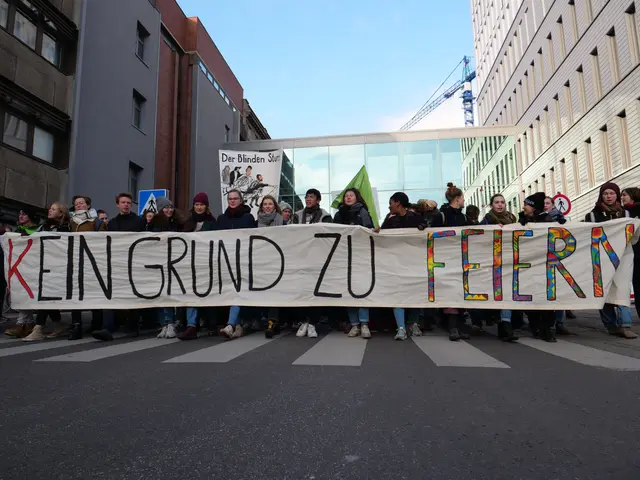Social Media's Dark Side: Polarization and Divisiveness Threaten Web's Founding Vision
The creator of the World Wide Web, Tim Berners-Lee, envisioned it as a tool for easier communication, knowledge sharing, and strengthening democracy. However, recent developments suggest a different reality. Social media use is linked to growing affective polarization, driving people apart and causing real societal costs.
Research shows that divisive, emotionally charged posts often receive more engagement, driving advertising revenue for social media companies. This business model encourages the spread of polarizing content, creating echo chambers and filter bubbles. Despite studies challenging these phenomena, people are spending less time on mainstream platforms and some are leaving for ones that align with their political views.
Affective polarization, where individuals like those who share their views and dislike or resent those who don't, is on the rise globally. Engaging with disagreeable posts on social media may drive platform income but leads to antisocial outcomes on a societal scale. These encounters can shape new views or solidify emerging ones, further fueling polarization.
Governments are addressing these issues by regulating social media economic structures. They aim to reduce online polarization by reforming legal privileges, such as the intermediary and crime privileges. The goal is to treat platforms as media providers with stricter regulations and accountability to limit harmful content monetization and its impact.
While the World Wide Web was intended to bring people closer, it seems to be driving them apart into smaller, angrier groups. Regulatory efforts are underway to address this issue, but the future of social media's impact on society remains uncertain.
Read also:
- American teenagers taking up farming roles previously filled by immigrants, a concept revisited from 1965's labor market shift.
- Weekly affairs in the German Federal Parliament (Bundestag)
- Landslide claims seven lives, injures six individuals while they work to restore a water channel in the northern region of Pakistan
- Escalating conflict in Sudan has prompted the United Nations to announce a critical gender crisis, highlighting the disproportionate impact of the ongoing violence on women and girls.






